Ruling council in conflict-hit Sudan declares RSF 'rebels', orders its dissolution
Sudan's ruling military council has declared the paramilitary Rapid Support Forces (RSF) a rebellious group, ordering it be dissolved as deadly battles continue unabated between the two sides in the crisis-hit African country.
The announcement came through a Monday statement by the council, which is headed by Army chief General Abdel Fattah al-Burhan, declaring dissolution of the RSF, which is led by Mohamed Hamdan Dagalo, also known as Hemedti.
The development came as both sides claimed to have made gains in a violent, nationwide power struggle.
According to the UN special representative to Sudan, more than 180 people have been killed and another 1,800 injured in three days of fighting between rival factions in the country.
"It's a very fluid situation so it's very difficult to say where the balance is shifting to," Volker Perthes said while talking about the violence between the army and paramilitary forces.
According to witnesses, airstrikes by warplanes rocked capital Khartoum earlier in the day, including in the vicinity of the military headquarters, and also in Bahri, just across the Nile River near another base.
Columns of smoke also rose from the runway of the Khartoum International Airport, where blasts and raging fires were visible on television images.
The army also regained control of the main television station, which for a short time went off air after gunfire was heard during a live broadcast. The station began broadcasting videos showing the army destroying RSF vehicles.
Fierce clashes erupted between the army and the RSF in Khartoum and elsewhere across the country on Saturday, in an apparent struggle for control.
The RSF later said its fighters had wrested control of several key sites, including the presidential palace, the residence of army chief General Abdel Fattah al-Burhan, and Khartoum International Airport.
The Sudanese army rejected all RSF's claims, saying it is fighting back at sites the paramilitaries said they had taken.
The RSF is a former militia that was due to merge with the army and whose leaders shared power in a ruling military council. Its current leader, Hemedti, has played a prominent role in the country's turbulent politics for 10 years, helping topple former president, Omar al-Bashir, in 2019 and later quashing protests by Sudanese seeking democracy.
The RSF was created in 2013 and its planned integration into the regular army was a key element of talks to finalize a deal that was hoped to restore Sudan's civilian transition and end the politico-economic crisis sparked by the military's 2021 coup by Burhan and Daglo in post-Bashir era.
The ongoing fighting, though, has stoked fears of a prolonged conflict that could plunge the country into deeper chaos, dashing long-held hopes for a transition to civilian-led democracy.
The United Nations, the Arab League and many countries in the world have already urged the opposing sides to show restraint and engage in dialog to end the hostilities.
UN chief urges Sudan leaders to 'immediately cease hostilities'
In a related development on Monday, UN Secretary-General Antonio Guterres called on Sudan's warring sides to "immediately cease hostilities, restore calm, and begin a dialogue to resolve the crisis."
The UN chief added that "any further escalation" of the conflict between the army and paramilitary forces led by rival generals "could be devastating for the country and the region."
"I have spoken during the weekend with the two Sudanese leaders and I am actively engaging with the AU (African Union), the Arab League and leaders across the region," said Guterres.
He added that the "humanitarian situation in Sudan was already precarious and is now catastrophic."
"I urge all those with influence over the situation to use it in the cause of peace; to support efforts to end the violence, restore order, and return to the path of transition," Guterres pleaded.
The United Nations Security Council is due to hold a closed-doors meeting on the situation in Sudan later on Monday.
VIDEO | Press TV's news headlines
Iran FM: Response to Israeli aggression 'inevitable'
VIDEO | Iran eases the rules for exporting hand-woven carpets
VIDEO | Intl. Day for the Elimination of Violence against Women: A stark reminder of Gaza women
Australia denies ex-Israeli minister Shaked visa
VIDEO | 85% of Yemeni displaced people face daily hunger crisis
US House passes bill targeting charities and pro-Palestine groups
VIDEO | Supporting Gaza genocide


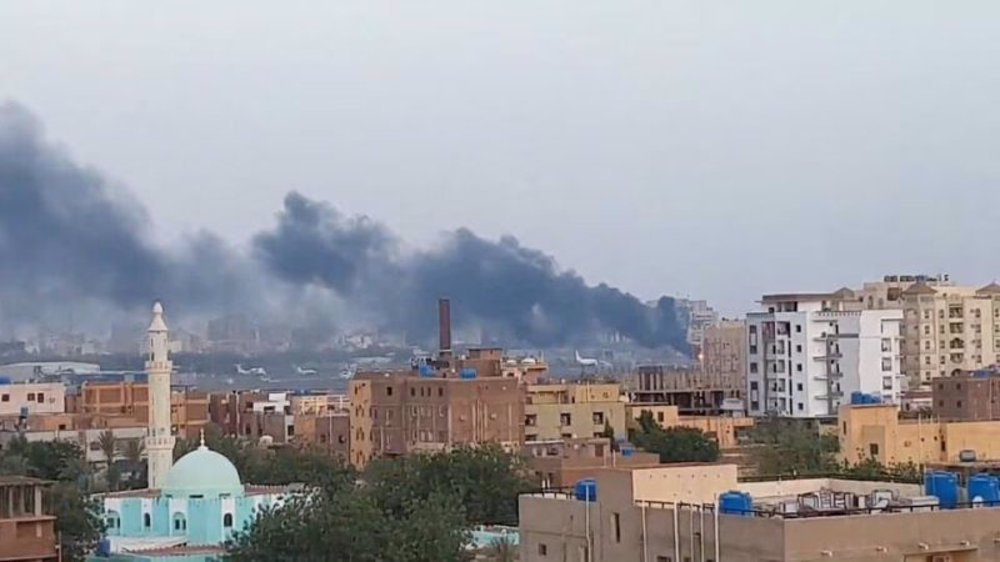
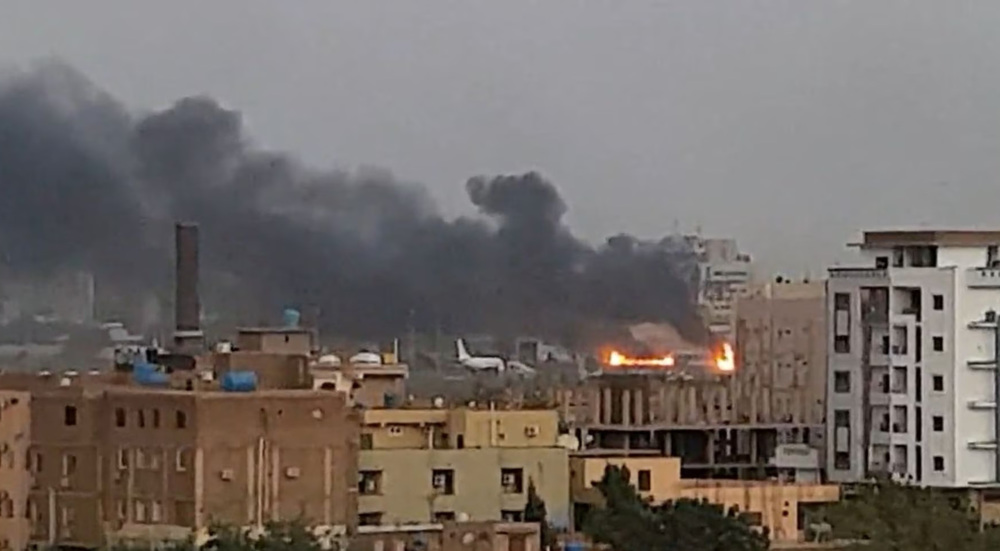
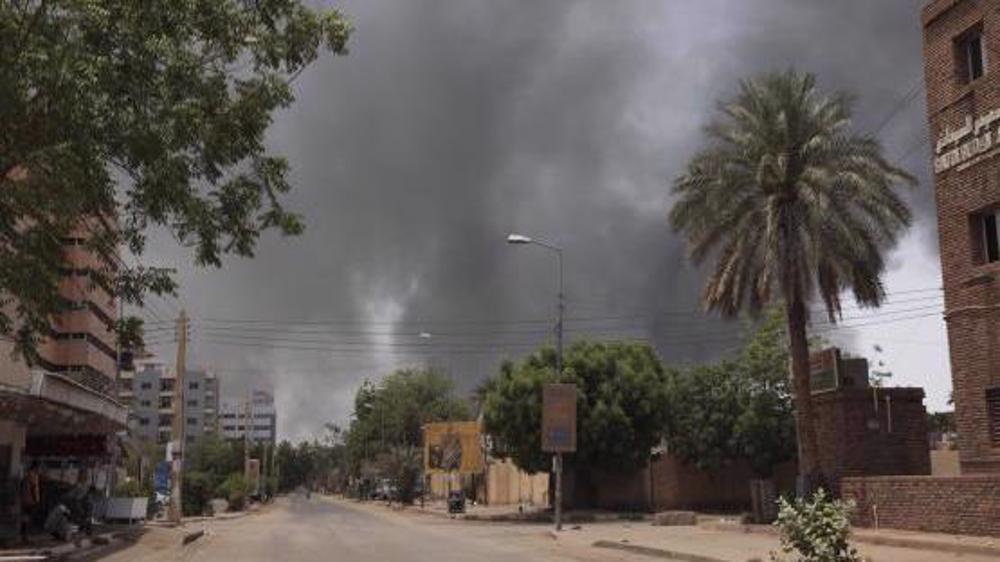
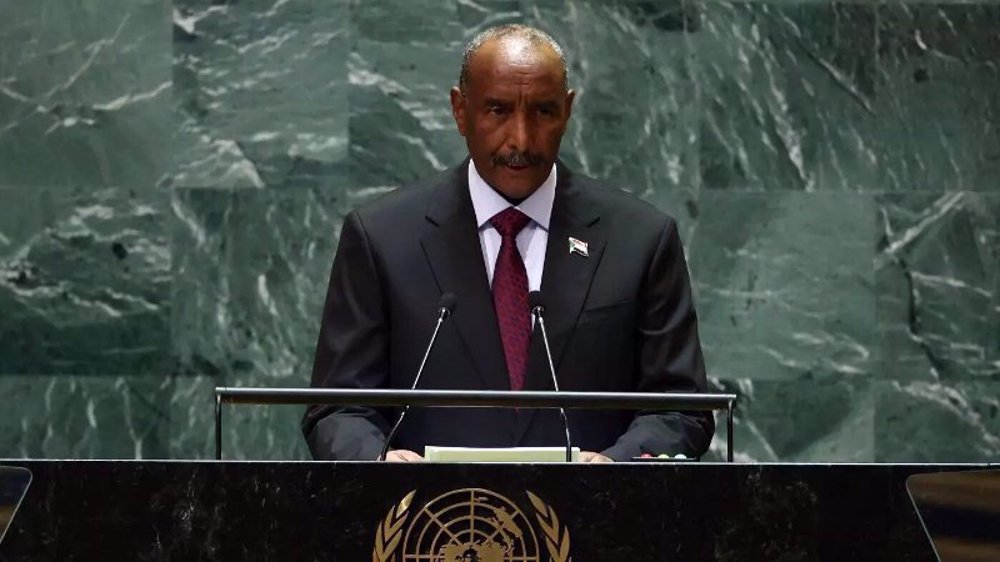
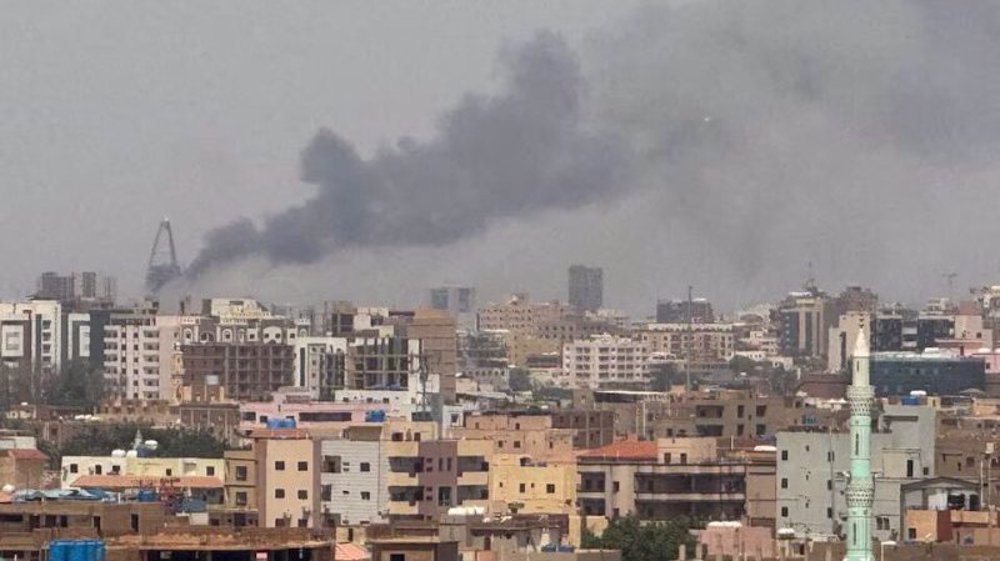
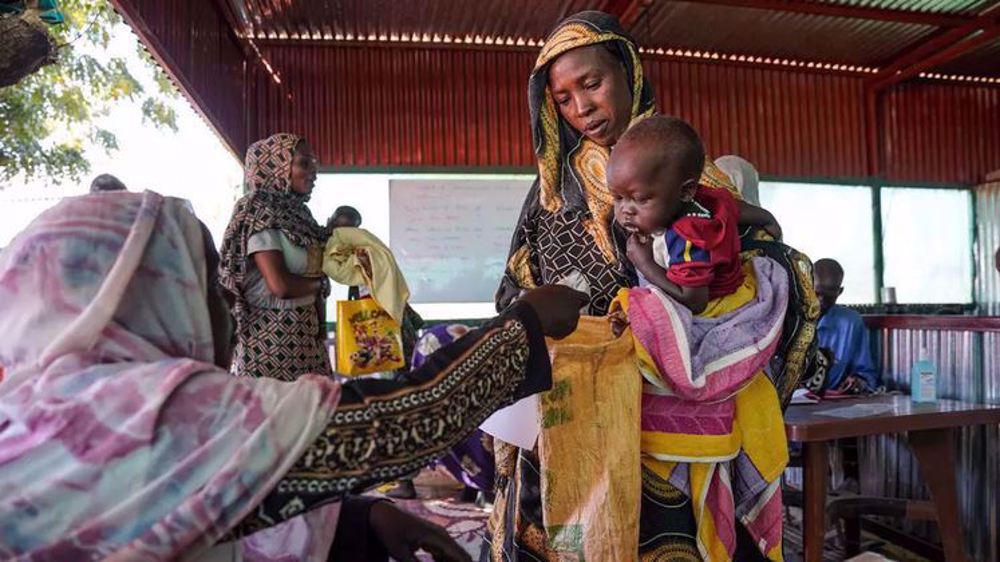




 This makes it easy to access the Press TV website
This makes it easy to access the Press TV website